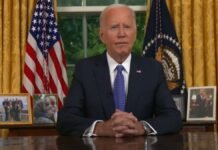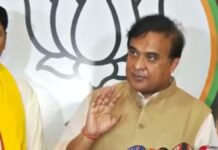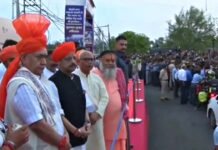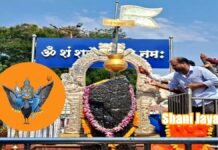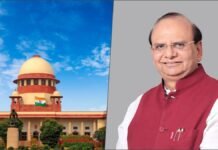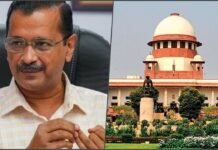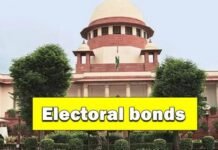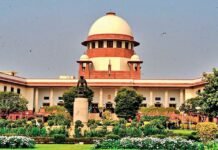
Mumbai: The Maharashtra government has appointed a three-member advisory board to provide legal assistance on the issue of reservation for the Maratha community, which has been agitating for quota benefits in education and employment. The board will be headed by retired judge Dilip Bhosale, who was the former acting chief justice of the Allahabad High Court and the chairman of the State Backward Class Commission. The other members are retired judges Maruti Gaikwad and Sandeep Shinde, who have also served in various high courts.
The decision to form the advisory board was announced by Chief Minister Eknath Shinde’s office on Wednesday, amid the ongoing hunger strike by Maratha activist Manoj Jarange, who has been demanding the restoration of the reservation that was struck down by the Supreme Court in May this year. The apex court had declared the Maharashtra State Reservation for Socially and Educationally Backward Classes (SEBC) Act, 2018, which granted 16 percent reservation to the Marathas, as unconstitutional and violative of the 50 percent cap on quota fixed by the court in the Indra Sawhney case.
The Maratha community, which constitutes about 33 percent of the state’s population and has significant political clout, has been seeking reservations on the grounds that it suffers from social and educational backwardness. The community launched a massive agitation in 2016, following the brutal rape and murder of a 15-year-old girl in Kopardi village of Ahmednagar district. The agitation, which was initially peaceful and leaderless, later turned violent and resulted in several deaths and injuries.
The previous BJP-led government, under then chief minister Devendra Fadnavis, had enacted the SEBC Act in 2018, based on the recommendations of the Gaikwad Commission, which had submitted a report stating that the Marathas were a socially and educationally backward class and deserved reservation. However, the Act was challenged in the Bombay High Court and later in the Supreme Court by various petitioners, who argued that the Marathas were a dominant and affluent community and that the reservation would breach the 50 percent ceiling and affect the interests of other backward classes.
The Supreme Court, in its judgment, held that the Marathas were not a backward class and that the state had failed to show any exceptional circumstances to justify the reservation. The court also said that the 50 percent limit on quota could not be exceeded except in extraordinary situations, which did not exist in Maharashtra.
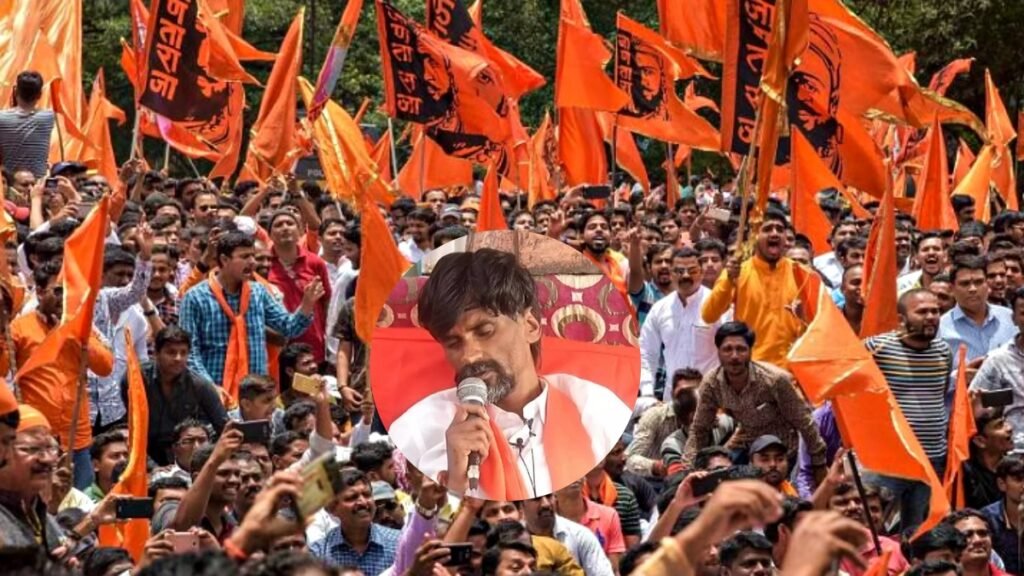
The ruling has sparked resentment and anger among the Marathas, who have accused the Maha Vikas Aghadi (MVA) government, comprising the Shiv Sena, the NCP, and the Congress, of not defending the reservation effectively in the court. The opposition BJP has also tried to exploit the issue to corner the government and project itself as the champion of the Maratha cause.
On Wednesday, Chief Minister Shinde expressed his displeasure over the contradictory statements made by some of his cabinet colleagues on the Maratha reservation issue and urged them to exercise caution and restraint on the sensitive matter. He also assured the Maratha community that his government was committed to providing them with reservations and that it would explore all legal options to achieve the goal.







